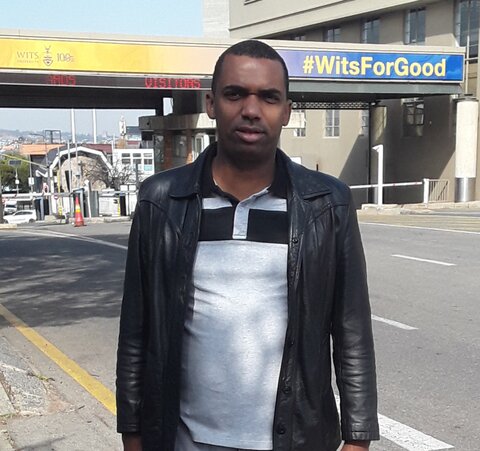Interview with Alberto Chauque - One of PAMAfrica’s MSc students

Alberto Chauque was a junior statistician working for Manhiça Health Research Centre (CISM) before he joined Wits University.
1. Can you please tell us a little bit about yourself?
At CISM, I started working for the Data Centre Department as a data manager, and before joining Wits University I joined the Data Management and Statistical Analysis Unit as junior statistician. My role was to do data cleaning, create progress reports of projects for donors and do data analyses for articles. Since 2019 I joined the Training Fellowship Program, designed to young African and sub-Saharan fellows interested in pursuing their careers as researchers.
2. What are your impressions about your MSc training program at Witwatersrand?
The training has been very good. The professors are friendly and helpful. I really appreciate that they provide very useful material. It is a bit of a heavy course, but it is very good and will be very useful for my daily work.
3. Why is biostatistics important in malaria drug research?
After collecting research data, it is important to transform it into information not only to evaluate efficiency, efficacy, or effectiveness of the drugs, but also to inform the general public and especially decision-makers and to guide them towards better public health policies.
4. Once you’ve completed your MSc, what next?
After doing a master's degree, I would like to carry on with a PhD and return to CISM and work as a data analyst. I’m hopeful that in the future I will have an opportunity not only to work as a data analyst but also to teach statistics.